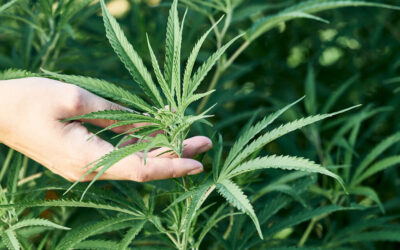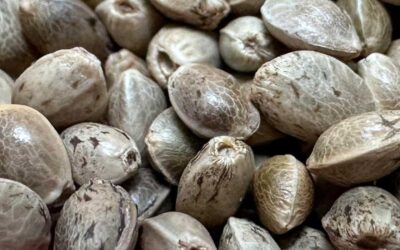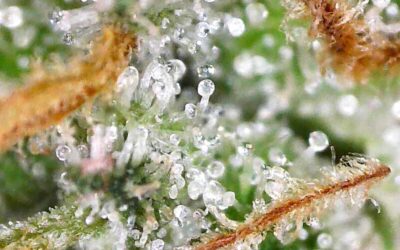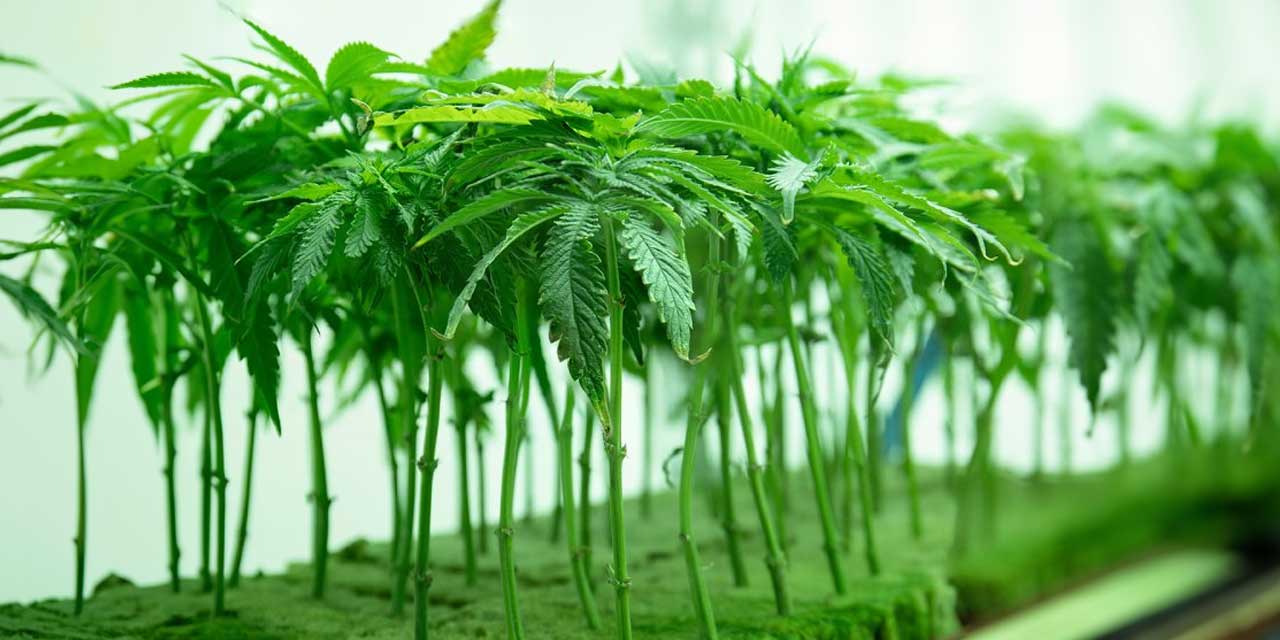
Unveiling the World of Cannabis Clones
The world of cannabis cultivation is as diverse as the plant itself, offering numerous techniques and methods to yield the best possible results. One such technique that has gained significant attention is cloning. Cloning involves replicating cannabis plants asexually, allowing growers to maintain the genetic traits of a specific plant in subsequent generations. In this blog post, we will delve into the concept of cannabis clones, exploring their advantages and disadvantages in the world of cultivation.
Understanding Cannabis Clones
Cannabis clones are genetically identical copies of a “mother” plant, reproduced through a process known as asexual propagation. Instead of relying on seeds for reproduction, cloning involves taking cuttings from a healthy and mature cannabis plant and encouraging them to develop their own root systems. This way, the resulting clones inherit the exact genetic traits of the mother plant, including its growth pattern, cannabinoid profile, flavour, and aroma.
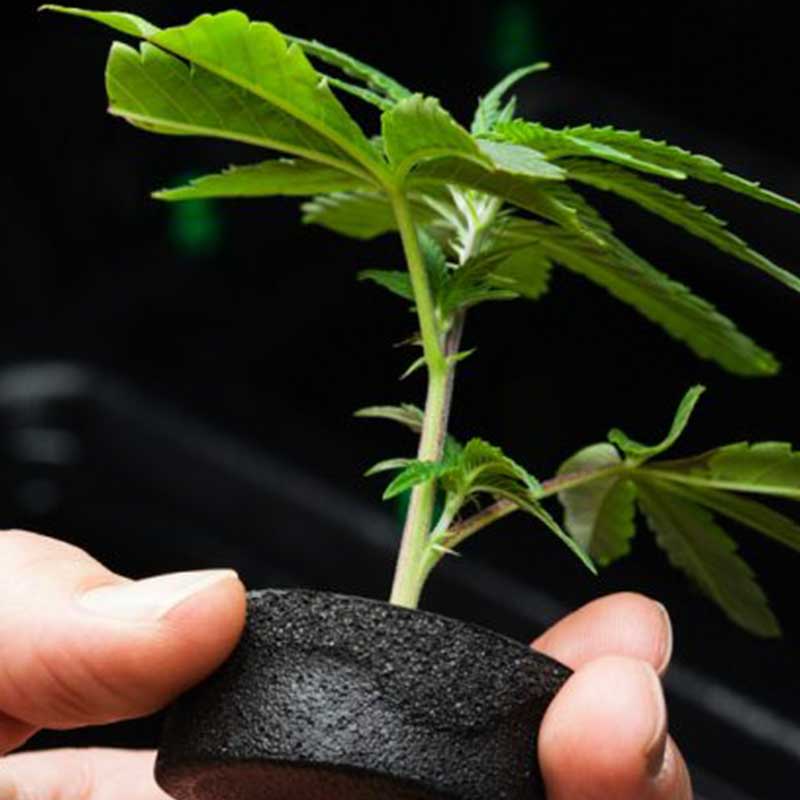
Advantages of Cloning
Genetic Preservation
Cloning allows growers to preserve and replicate the exact genetics of a high-performing or unique cannabis plant. This is particularly useful for strains with desirable characteristics, as each subsequent generation will closely resemble the original plant.
Consistency
Since clones share identical genetics, they tend to grow at a consistent rate, producing uniform yields in terms of quality, potency, and growth characteristics. This consistency is beneficial for commercial growers aiming to produce a reliable product.
Faster Growth
Clones can accelerate the cultivation process compared to growing from seeds. They skip the germination phase and move directly into the vegetative growth stage, potentially resulting in an earlier harvest.
Predictable Results
When cultivating cannabis from seeds, there is a degree of variability in terms of traits. Cloning eliminates this variability, ensuring that each clone will produce a plant with known qualities.
Disadvantages of Cloning
Genetic Vulnerability
While genetic consistency is a strength, it can also be a weakness. If the mother plant carries any genetic vulnerabilities or diseases, the clones will inherit those weaknesses, potentially leading to widespread issues.
Reduced Diversity
Cloning limits the genetic diversity within a crop, which can make plants more susceptible to pests, diseases, and environmental changes. Diversity is nature’s way of adapting, and a lack of it might make a crop more fragile.
Limited Traits
Cloning restricts the introduction of new and improved traits that could be obtained through crossbreeding different strains. This could hinder the development of innovative and unique cannabis varieties.
Mother Plant Maintenance
Keeping a healthy mother plant is crucial for a successful cloning operation. It requires ongoing care, space, and resources, which might not be practical for all growers.
Cannabis cloning is a powerful tool that offers both advantages and disadvantages to cultivators. It enables the preservation of desirable genetics and ensures consistent results, making it a valuable technique for commercial and hobbyist growers alike. However, the lack of genetic diversity, the potential for inherited vulnerabilities, and the necessity of maintaining healthy mother plants are important factors to consider.
Ultimately, the decision to use cloning as a cultivation method depends on the specific goals and resources of each grower. Whether one chooses to clone or explore other propagation methods, the dynamic world of cannabis cultivation continues to evolve, offering endless opportunities for innovation and improvement.


